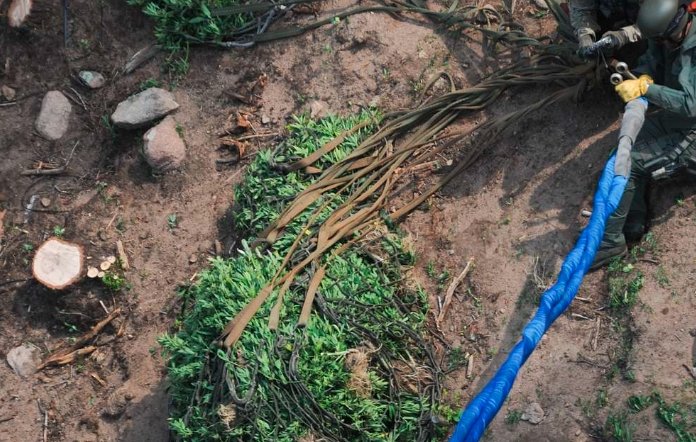A legal battle over Minnesota’s cannabis licensing process has now moved to the state Court of Appeals. The case focuses on the handling of social equity applications, with one applicant challenging how the state regulatory body, the Office of Cannabis Management, decided who would move forward in the cannabis business licensing process.
This dispute, which initially began with denied applicants suing over the process, has now reached a pivotal point. On Wednesday, the court ordered the state agency to provide more details about how it determined which applicants would proceed and whether the lottery determining pre-approved cannabis business owners can be rescheduled. The decision is critical for determining the future of cannabis business licensing in Minnesota as the state gears up for the legalization of adult-use cannabis in early 2025.
Legal Challenges to Social Equity Lottery
The controversy centers on the social equity licensing process, which was designed to prioritize applicants from communities impacted by the war on drugs, low-income neighborhoods, and military veterans. These applicants were given priority in a lottery system intended to provide a fair opportunity to run cannabis businesses in the newly legalized market.
Cristina Aranguiz, a first-generation Latina entrepreneur, is one of the applicants challenging her denial in the lottery. She argues that the Minnesota Office of Cannabis Management violated state cannabis laws and was unfair in its decision to exclude her. Aranguiz’s legal team claims that the decision to deny her application was “arbitrary and capricious,” violating the principles of fairness and transparency laid out by the state’s cannabis statutes.

Aranguiz’s case highlights broader concerns about the lottery’s fairness, particularly for those who believed they met the eligibility criteria but were still excluded. Over 1,500 people applied for social equity cannabis licenses, with 282 spots available. The planned lottery was supposed to identify which applicants would be pre-approved for cannabis licenses ahead of the market’s launch.
Court Delays the Process
On Monday, Judge Stephen Smith of Ramsey County district court ruled in favor of applicants like Aranguiz, halting the lottery indefinitely. His decision paused the entire process, ordering the Office of Cannabis Management to provide more clarity on its selection process before moving forward. However, Smith did not rule on the merits of the lawsuit itself, leaving that matter to the appellate court.
The delay has left many applicants, including those in high-poverty areas and other marginalized groups, uncertain about their chances to enter the cannabis business under the social equity program. While the regulatory body insists it is committed to fairness and equity, the controversy has raised questions about whether the process is being carried out transparently and equitably.
Disagreement Over Alleged Connections to Larger Businesses
A key point of contention in the case is the claim that some applicants, including Aranguiz, may have ties to larger businesses that could later buy up social equity licenses. According to the Office of Cannabis Management, these connections raised concerns that the social equity licenses could be exploited by those looking to profit quickly from the cannabis industry without benefiting the communities the program was designed to help.
Aranguiz and other applicants, however, argue that the state agency misunderstood or mischaracterized their business relationships. They assert that the partnerships in question were legitimate and did not undermine the integrity of the social equity program.
In a written statement, the Office of Cannabis Management defended its process, emphasizing its commitment to launching a cannabis marketplace that is “equitable, sustainable, and responsible.” Despite the challenges and legal pushback, the agency maintains that it will continue working toward a fair and transparent cannabis market in Minnesota.
The Slow Road to Legal Cannabis Sales
Minnesota lawmakers legalized cannabis for adult recreational use in 2023, but the process of setting up a retail marketplace has been slow. No licenses have yet been issued for commercial growers or sellers, and the state is expected to officially launch its adult-use cannabis market in early 2025.
In the meantime, individuals can grow their own cannabis for personal use and give away small quantities. Additionally, American Indian tribes in the state have opened their own cannabis stores, although these sales are limited to reservation lands. While Minnesotans wait for the broader market to launch, the outcome of this legal challenge will shape the future of cannabis licensing, particularly for those seeking a fair opportunity through the social equity program.



